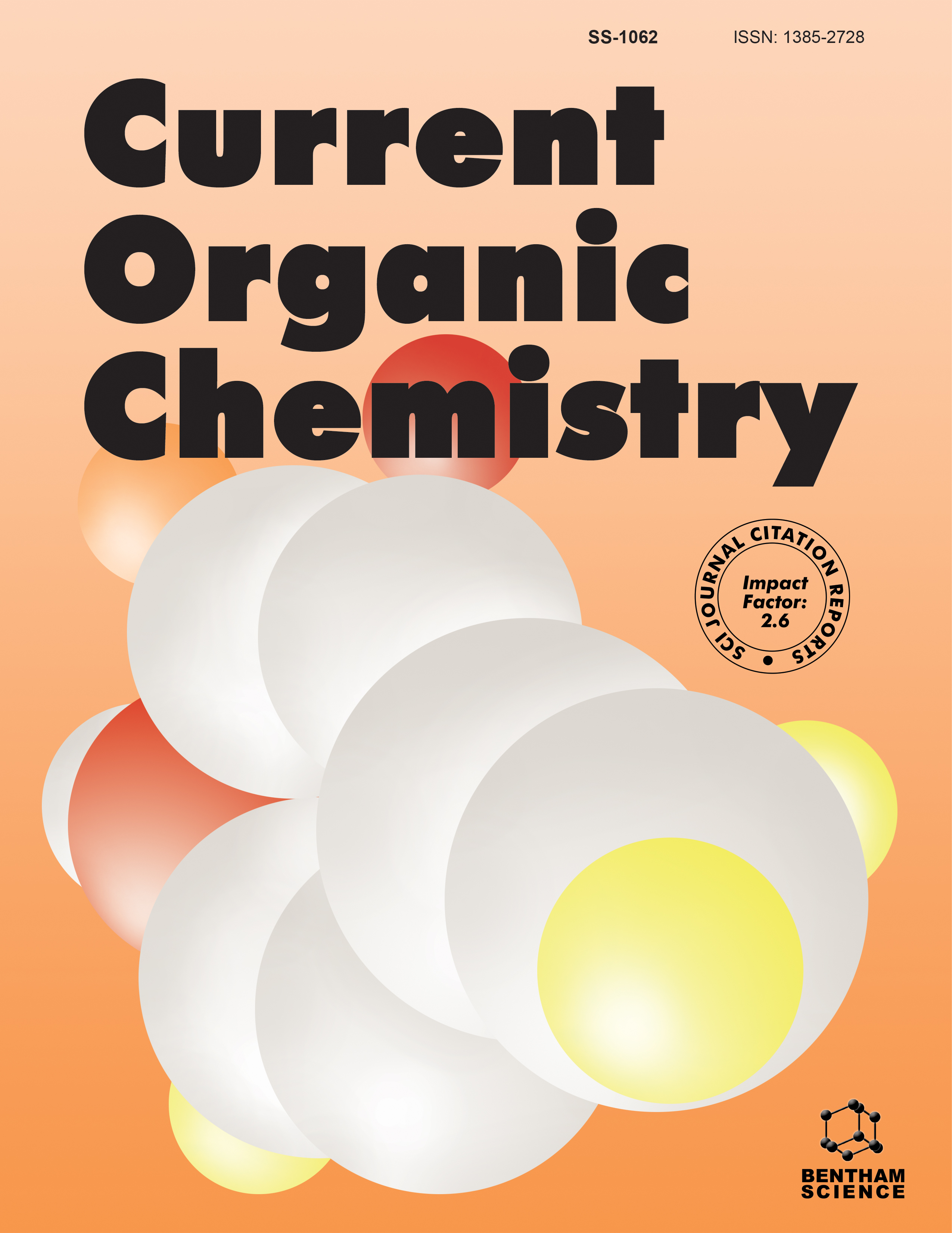
Full text loading...
Many parasitic diseases elicit significant immune responses, although these responses can sometimes be excessive or dysregulated, contributing to immunopathology. Moreover, the emergence of parasite clones and gene mutations has led to clinical resistance to widely used antiparasitic drugs, resulting in treatment failures and reduced drug efficacy. Consequently, there is an urgent need for new and alternative antiprotozoal therapies, including the enhancement of existing drug structures. Triazole-based compounds, known for their excellent pharmacological profiles, have shown promise in treating a variety of parasitic infections. The combination of triazoles with other nitrogen/oxygen/sulfur-based heterocyclic compounds presents a promising strategy for the effective clinical management of parasitic diseases. This review highlights recent advancements in the development of triazole hybrids and their structure-activity relationships, providing valuable insights for the design of more potent antiparasitic drugs.

Article metrics loading...

Full text loading...
References


Data & Media loading...

